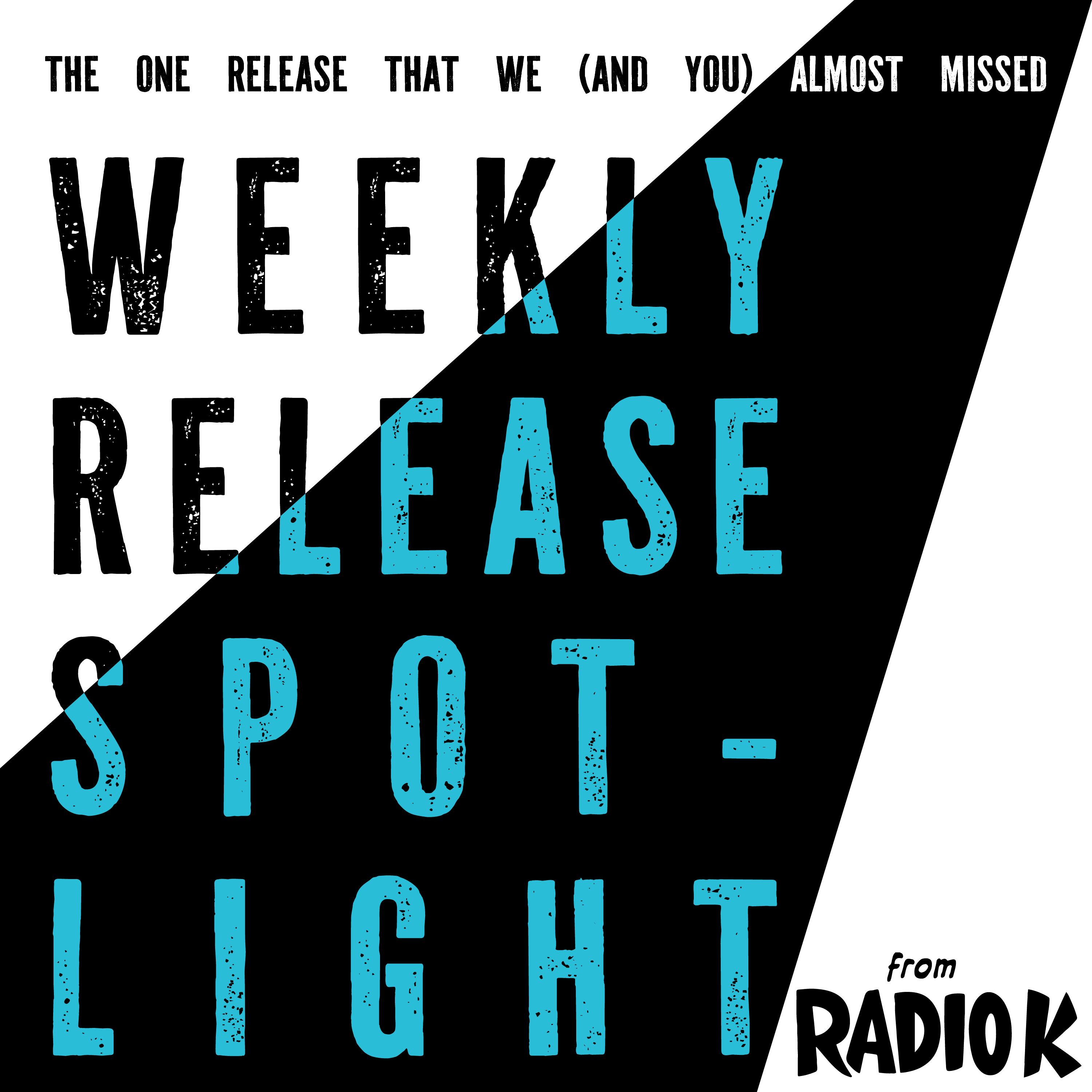
Weekly Release Spotlight
That one perfect album that we (and you) almost missed.

That one perfect album that we (and you) almost missed.
On Anjimile’s debut album “Giver Taker,” they deal mainly with loss and the inevitable growth that comes from loss. Anjimile Chithambo (they/them, he/him) wrote a majority of the album while receiving treatment for drug and alcohol abuse, and this is one of the many factors that make “Giver Taker” feel so cyclical. As Chithambo takes us along on his own journey, he does so with introspection and intention, all of which are reflected in instrumentation choices. Chithambo’s voice is at the forefront of every song backed by delicately layered instruments that work in unison to make the album feel both gentle and evocative. The overall mood of the album reminds me of the night before starting school, full of the nostalgia, fear, and excitement of starting a new adventure.
By Emma Chekroun
Cults’ fifth album Host not only explores the power exchange between independence and codependence through the theme of parasitic relationships, it also fundamentally reimagines how the band sounds and operates. Host is more collaborative than Cults’ previous albums thanks to singer Madeline Follin bringing her own music and songs to the band’s producer. The overall sound of the album is full of beautiful contradictions, it’s futuristic and retro at different points. Light airy dream pop is contrasted by dark lyrics that hint at the toxicity of codependency “I have no one to turn to, I thought I told you I’d take you down with me too” and the freedom of finding independence.
By Emma Chekroun
On Lomelda’s latest release, Hannah, brother and sister Hannah and Tommy Read, pair up to produce an album that captures not only Hannah’s namesake, but the journey she has had with the project. Produced in Texas, where Hannah originally formed Lomelda with some high school friends, Hannah mirrors the waxing and waning the band has had over the last decade. At times Lomelda’s fifth album is slow, calculated, and somber, such as on “Polyurethane”, and at others loud, chaotic, drowning in emotion, and sound, as on “Wonder.” Throughout Hannah the eponym of the album breaks down and establishes her own identity.
By Emma Chekroun
On Angel Olsen’s fifth album release, following up last year’s All Mirrors, the North Carolina based artist strips down her tracks from the 2019 album and breathes a new, more intimate light into the pieces. Production on the album is reminiscent of 70s psychedelia thanks to sustained notes and reverb. The whole album manages to manufacture the distant spacious sound of playing a vinyl, often feeling nostalgic for distant places and memories. This could be thanks to recording in the century old church turned recording studio, The Unknown, Olsen and her head engineer, Micheal Harris, found in the small town of Ancacortes, Washington. A Whole New Mess works through the emotional fallout of a devastating breakup for Olsen, with lyrics pondering growing apart and rebuilding again. The misty mornings and isolating walls of The Unknown and Olsen’s own heartbreak echo in every reverb-laden song of A Whole New Mess.
By Emma Chekroun
After five years of touring and releasing exclusively EPs, Canadian shoegaze band No Joy has returned with their genre-bending fourth album Motherhood. No Joy spent time between albums touring with bands outside the scope of their sonic comfort zone, such as experimental glitch pop group Baths and the post-hardcore band Quicksand. The result, on this album, is a willingness to expand the group’s own sound with nu metal songs such as “Dream Rats” and “Four” while not ignoring their original DIY shoegaze sound, which features prominently on the album. Combining these elements with a healthy dose of danceable beats, such as on album opener “Birthmark,” make the album consistently interesting and skillfully blends where the band’s been and where they are now.
By Emma Chekroun
Following up his grammy winning album, Please Don’t Be Dead, Xavier Amin Dphrepaulezz, known by stage name Fantastic Negrito, returns with a rhythm heavy exploration of funk, blues, and R&B. The album opens with Chocolate Samurai, a danceable track reminiscent of Prince. “I'm So Happy I Cry” and “Shigamabu Blues” are dense with blues and folk roots. Throughout the album, Xavier keeps his vintage sound elements modern with guest artists, including E-40 and Tank and the Bangas, and playful lyrics such as “Captain Save a Hoe” in his expressive voice.
By Emma Chekroun